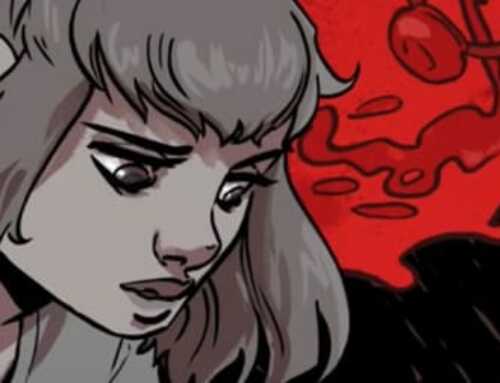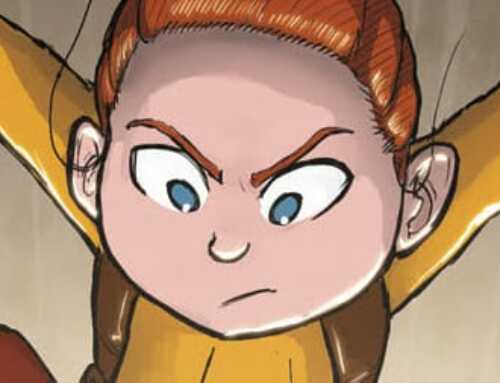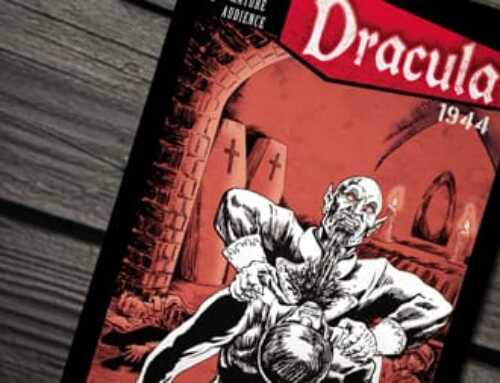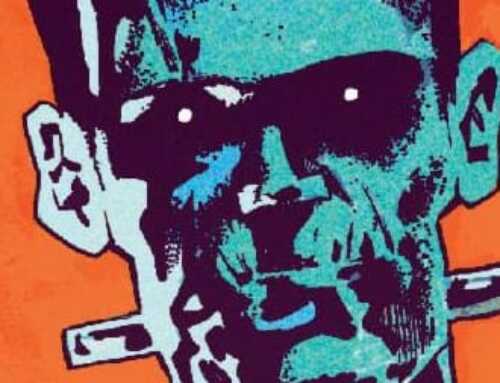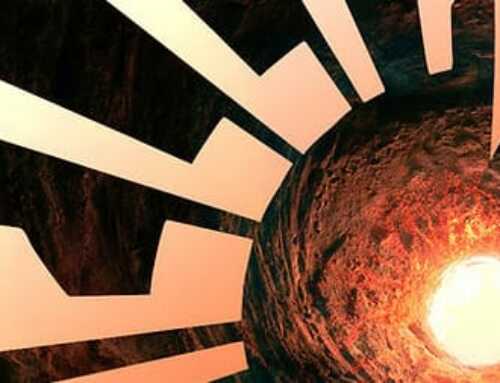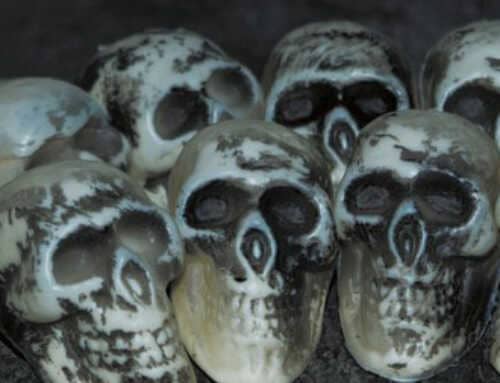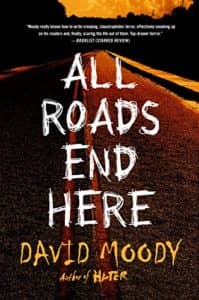 It’s taken Matthew Dunne almost three months to get home. Never more than a few meters from the Haters at any time, every single step has been fraught with danger. But he’s made it. In his absence, his home city has become a sprawling, walled-off refugee camp. But the camp–and the entire world beyond its borders–is balanced on a knife-edge. During his time in the wilderness, Matt developed a skill which is in high demand: the ability to anticipate and predict Hater behavior. It’s these skills that will thrust him into a web of subterfuge and danger. As the pressure mounts inside the camp, he finds himself under scrutiny from all sides.
It’s taken Matthew Dunne almost three months to get home. Never more than a few meters from the Haters at any time, every single step has been fraught with danger. But he’s made it. In his absence, his home city has become a sprawling, walled-off refugee camp. But the camp–and the entire world beyond its borders–is balanced on a knife-edge. During his time in the wilderness, Matt developed a skill which is in high demand: the ability to anticipate and predict Hater behavior. It’s these skills that will thrust him into a web of subterfuge and danger. As the pressure mounts inside the camp, he finds himself under scrutiny from all sides.
All Roads End Here is the latest novel by British author David Moody, known for his extensive exploration of zombies and epidemic based apocalypses. Please note that this novel is a sequel to Moody’s 2017 release, One of Us Will Be Dead by Morning, and is actually the fifth novel from Moody concerning Haters (those afflicted by a strange zombie-like hybrid disease which we’ll cover shortly).
In the interest of full disclosure, I haven’t read anything in the Hater series prior to All Roads End Here. Truthfully, I lost interest in apocalypse fiction– and particularly zombie apocalypse fiction– around the late ’00s in the wake of a thousand clones of 28 Days Later and the Dawn of the Dead remake, and though Moody had already published several novels at the point that I bowed out they never found their way onto my to-be-read shelf. I think that may be for the best, not because of the quality of the writing, but because it isn’t hard for me to imagine that up to this point Moody may have been trudging through the tropes and cliches of the subgenre, which I have no particular desire to revisit despite how well they may have been presented. Starting with All Roads End Here may secretly have been to my advantage, as the narrative is set far enough into societal collapse that the audience is permitted to mostly skip over the now boring trappings of an epidemic based apocalypse.
Instead, we’re dropped feet first into crumbling cities and narrow escapes. At first, I was a bit worried that the protagonist Matt may turn into an overly skilled self-insert killing machine, spending the novel brooding or worse. Thankfully, as the novel progresses this seems to become less and less the case– Matt may have a very handy skillset when it comes to survival and observation, but he definitely isn’t a fighter. The most interesting parts of the novel reflect this as well. Rarely was I enthralled by the cat and mouse escapes from endless hordes of the pseudo undead, rather I found myself enjoying the lulls wherein Matt is forced to simply observe the world as it is now and address his own place in the new power structures which are developing around him.
Here’s where we must fall into some definitional bickering, as the antagonists in this novel aren’t technically zombies, and though I’m sure the author would take umbrage with my lumping the two together, they exist within the same vein of fiction and are close enough for comparison. The Haters (and boy, has that name not aged well) clearly possess much higher function than zombies in general, as they are capable of wielding weapons and carrying on full conversations with other Haters (Seriously, for the first thirty to fifty pages of the book you’re going to be reminded of bad lyrics whenever the term is used). However, when they are exposed to normal humans they go into a frothing madness which commands them to kill. Functionally, they aren’t all that far from their brain-eating cousins. Yet.
You see, the few times in the novel where we get to observe the conversations and behaviors of the Haters, they seem…almost completely normal. While they’re hellbent on killing the rest of humanity, they’re also totally capable of trading supplies with each other and establishing some level of community. This would have been far more interesting to explore than what we see of the Haters in this novel, and I can’t help but feel that this may be where Moody takes further entries in the series. The differences between Haters and zombies simply aren’t capitalized on enough here, but if they were to be explored more in further novels I think it might help tremendously in differentiating them from zombies in horror fiction, and the series would be all the better for it. With that said, what we do get to see is different enough to still be readable, if at one point questionable in possibility. There may be an earlier book that goes to greater lengths to develop the Haters, and if there is I’d be interested enough to check it out, but the concept feels mostly underdeveloped in All Roads End Here.
One final note: the ending of this novel feels far too rushed. I can appreciate a good gut punch of a conclusion, but the fact of the matter is that these characters aren’t developed enough in this novel for that gut punch to land. There’s a major plot event in the last three pages of the book which I won’t spoil or even hint at, but it’s ultimately an artistic gamble which hangs its efficacy on your personal investment in the narrative. Had the characters been the high point of the novel for me, it would have been a strong conclusion, but I appreciated the world building more than I did these relationships, so it didn’t work as intended on me.
All Roads End Here is available now in digital and paperback.


